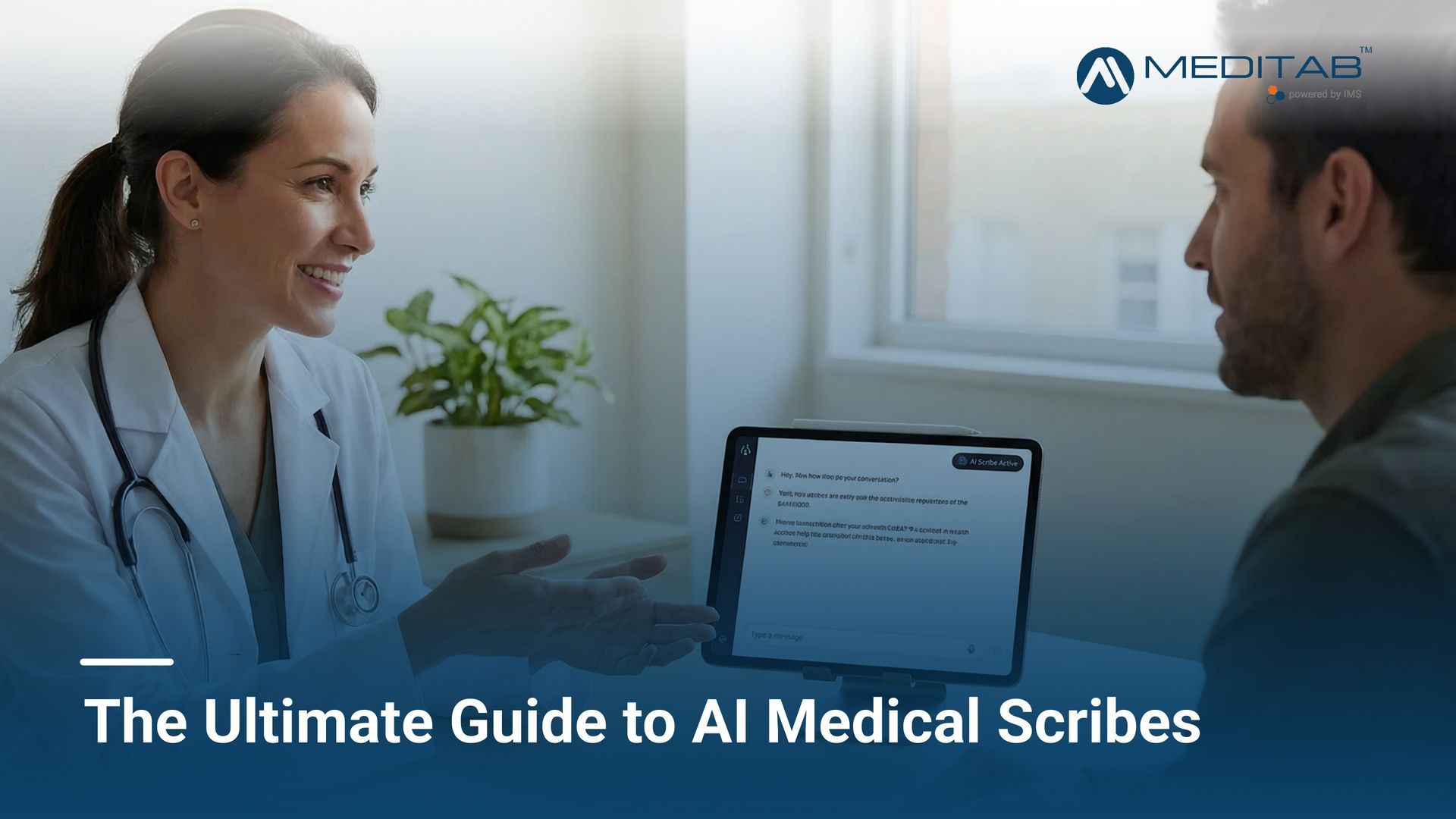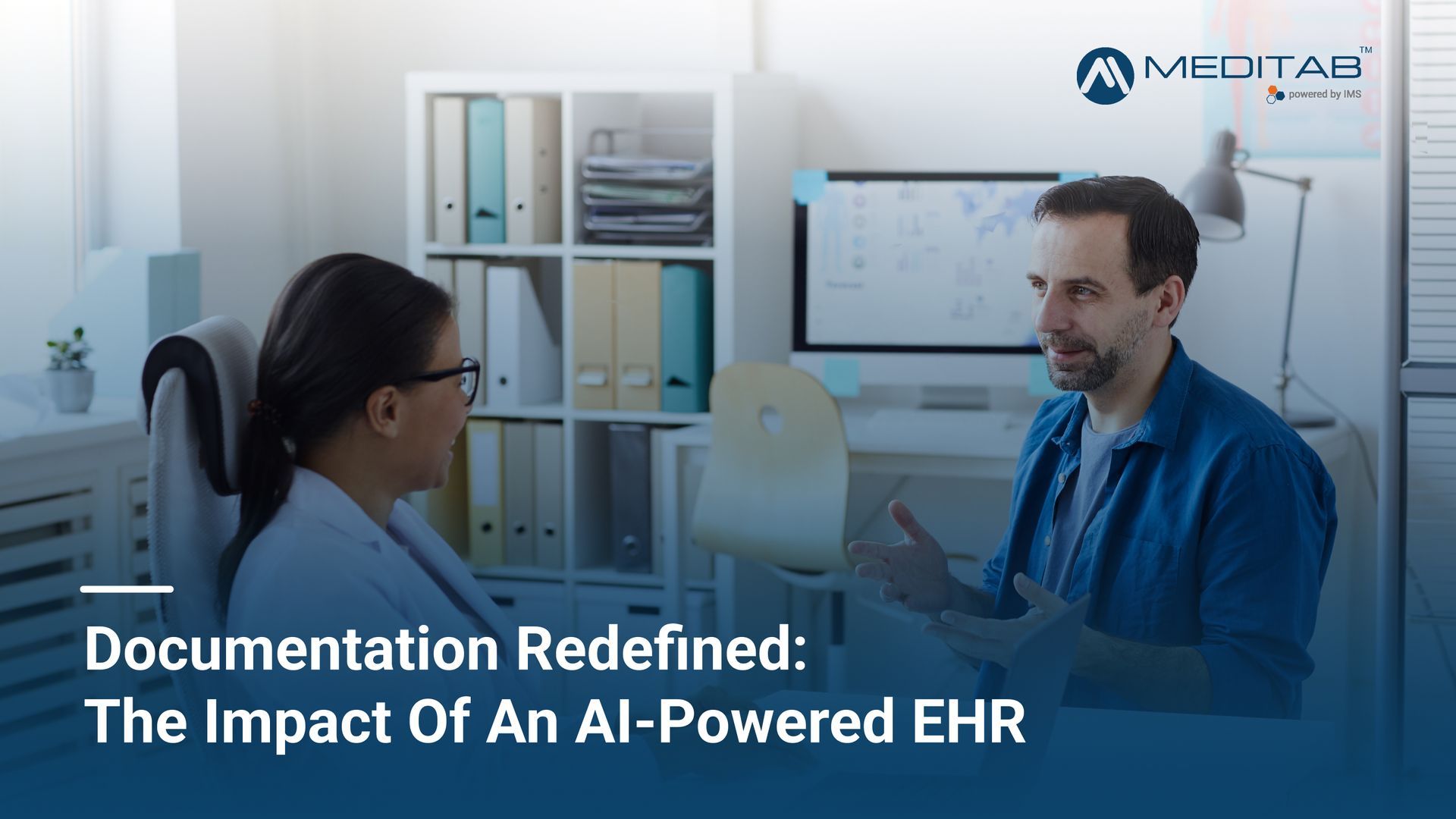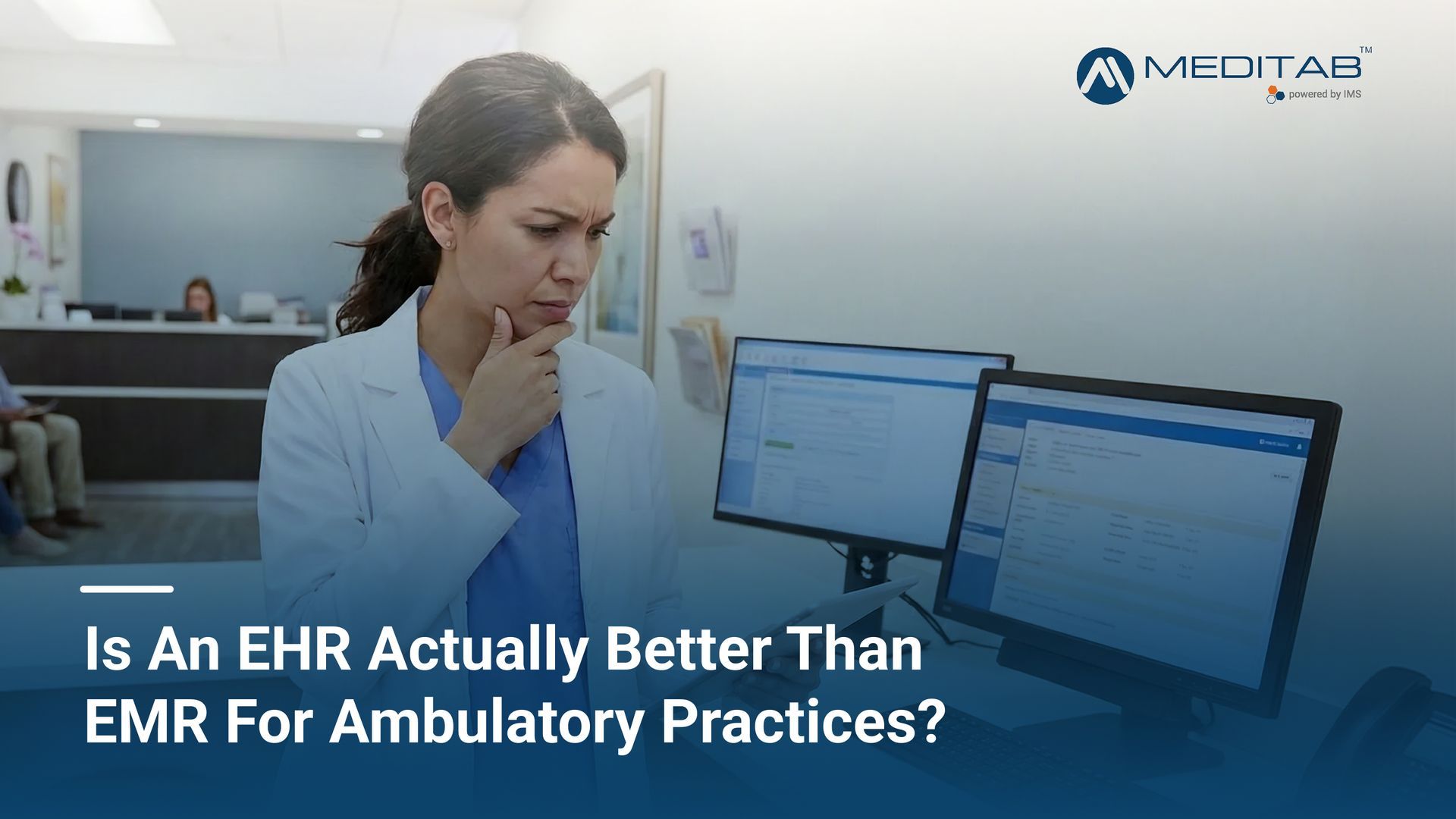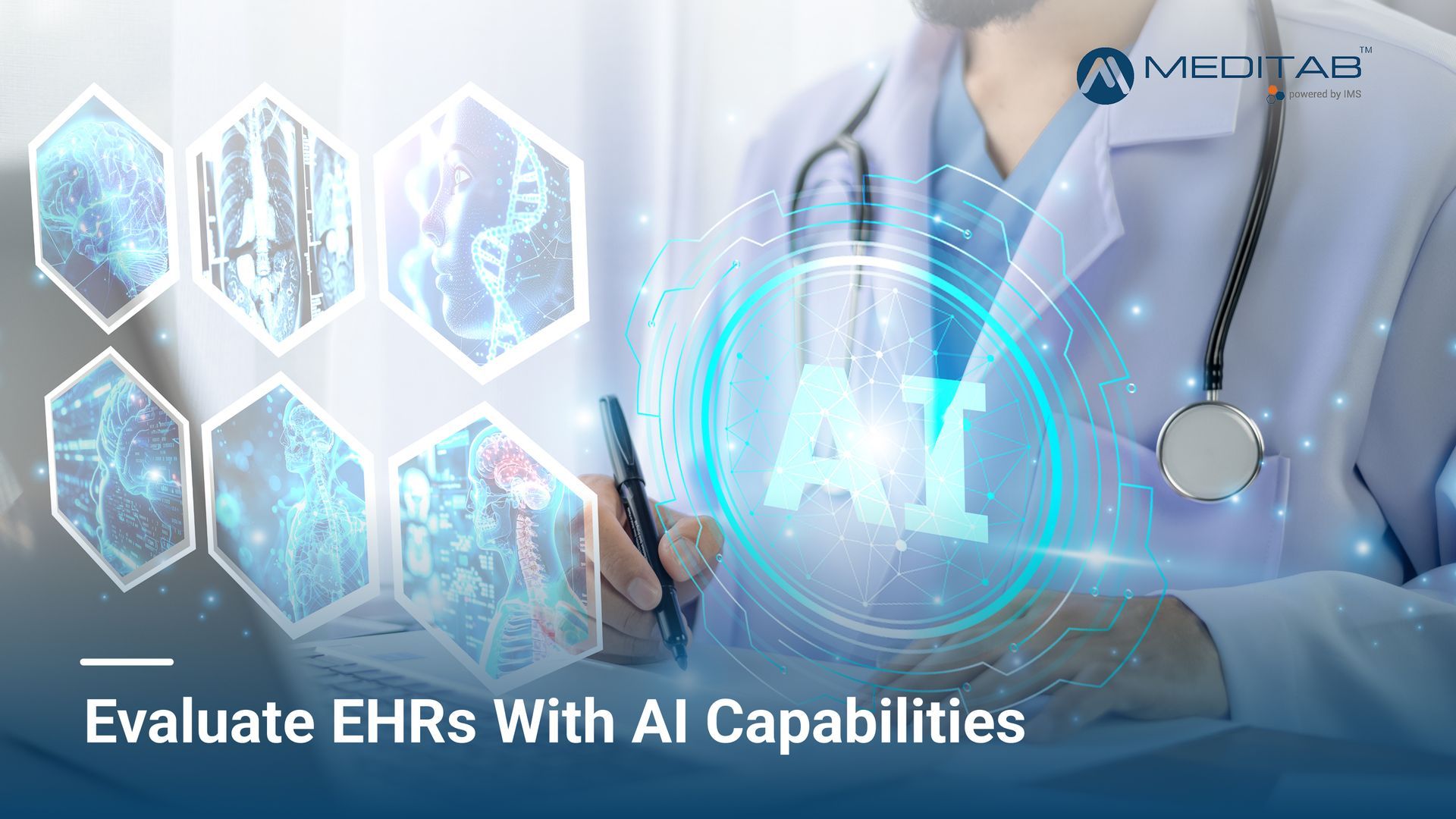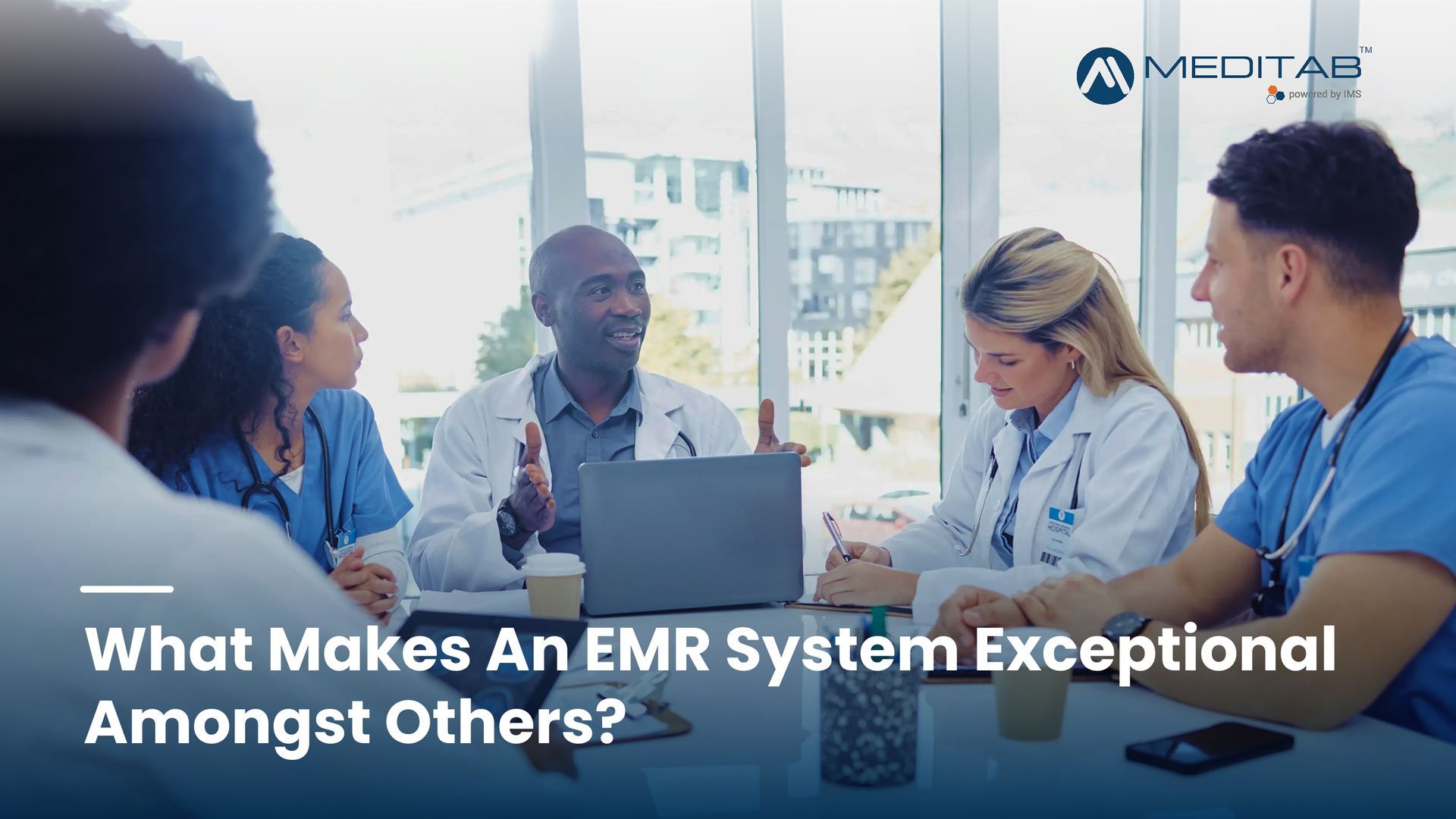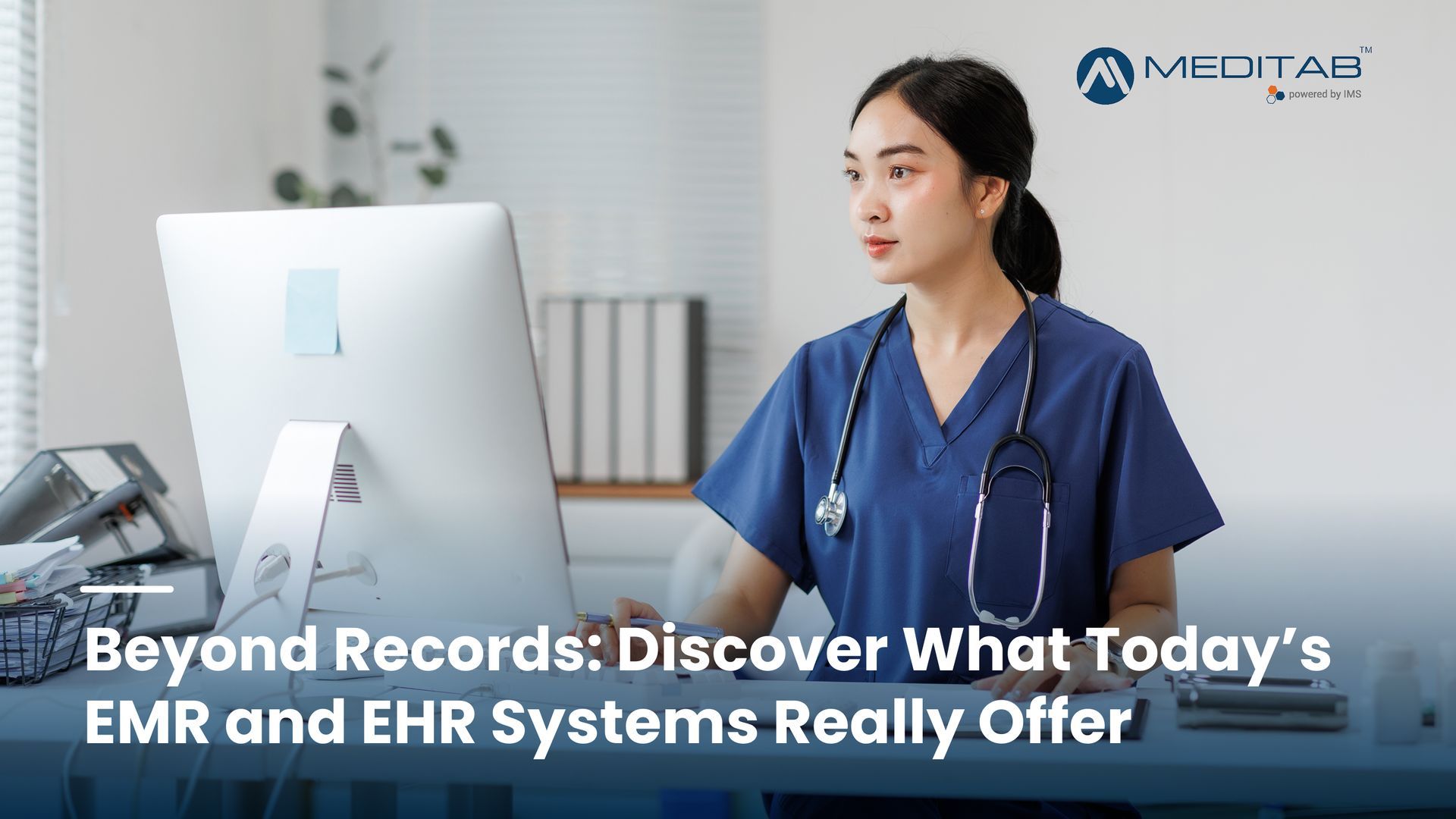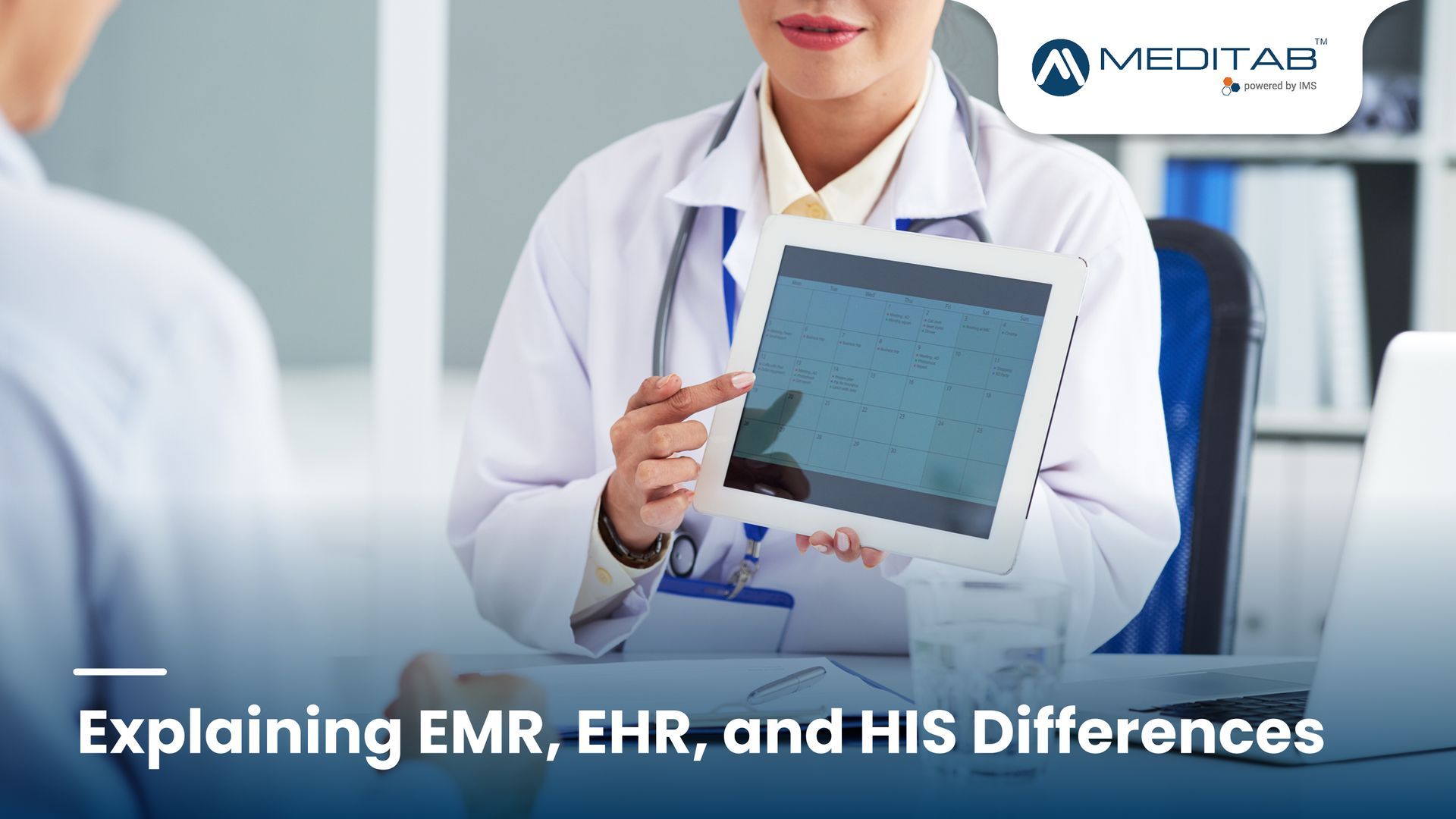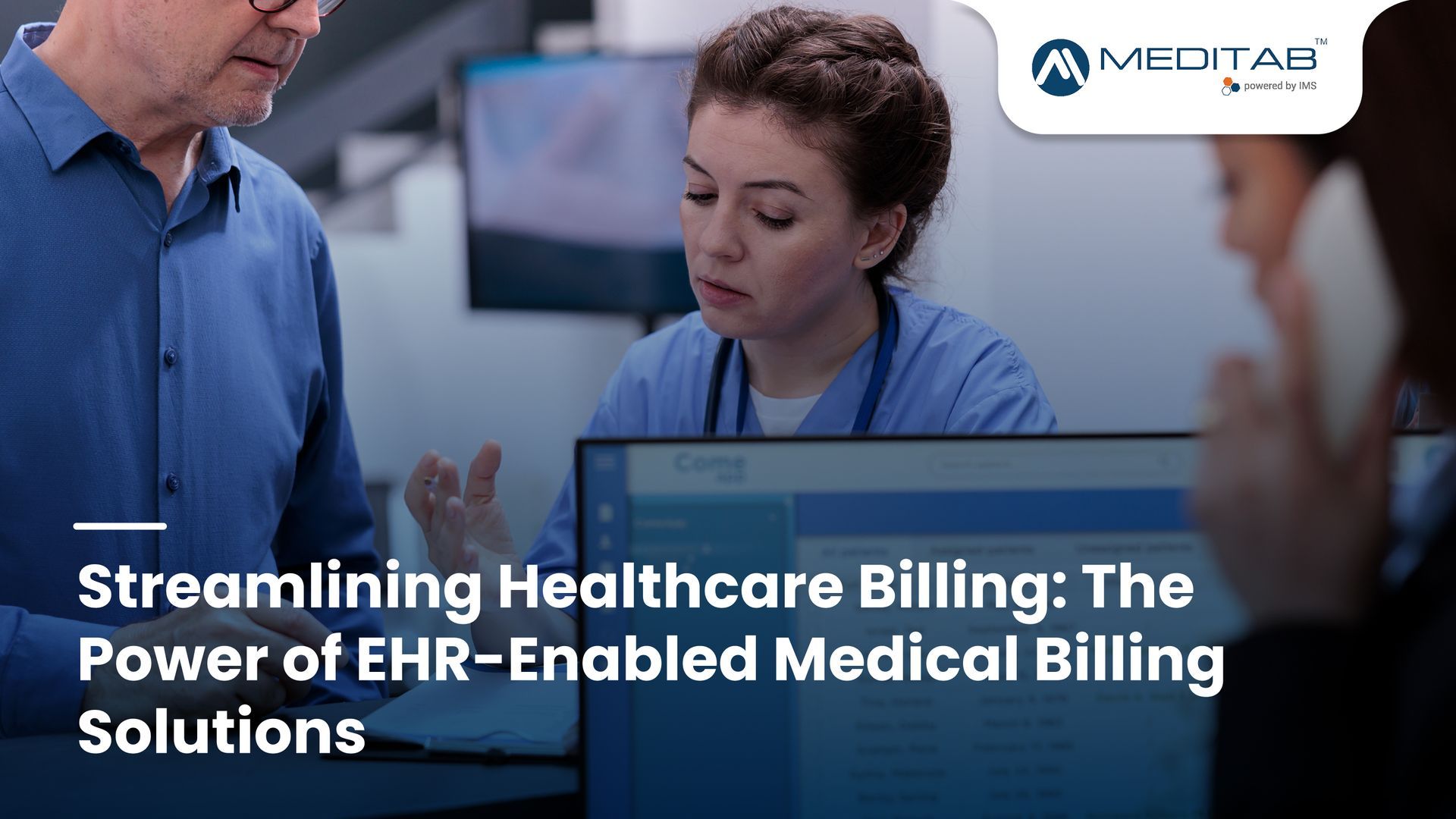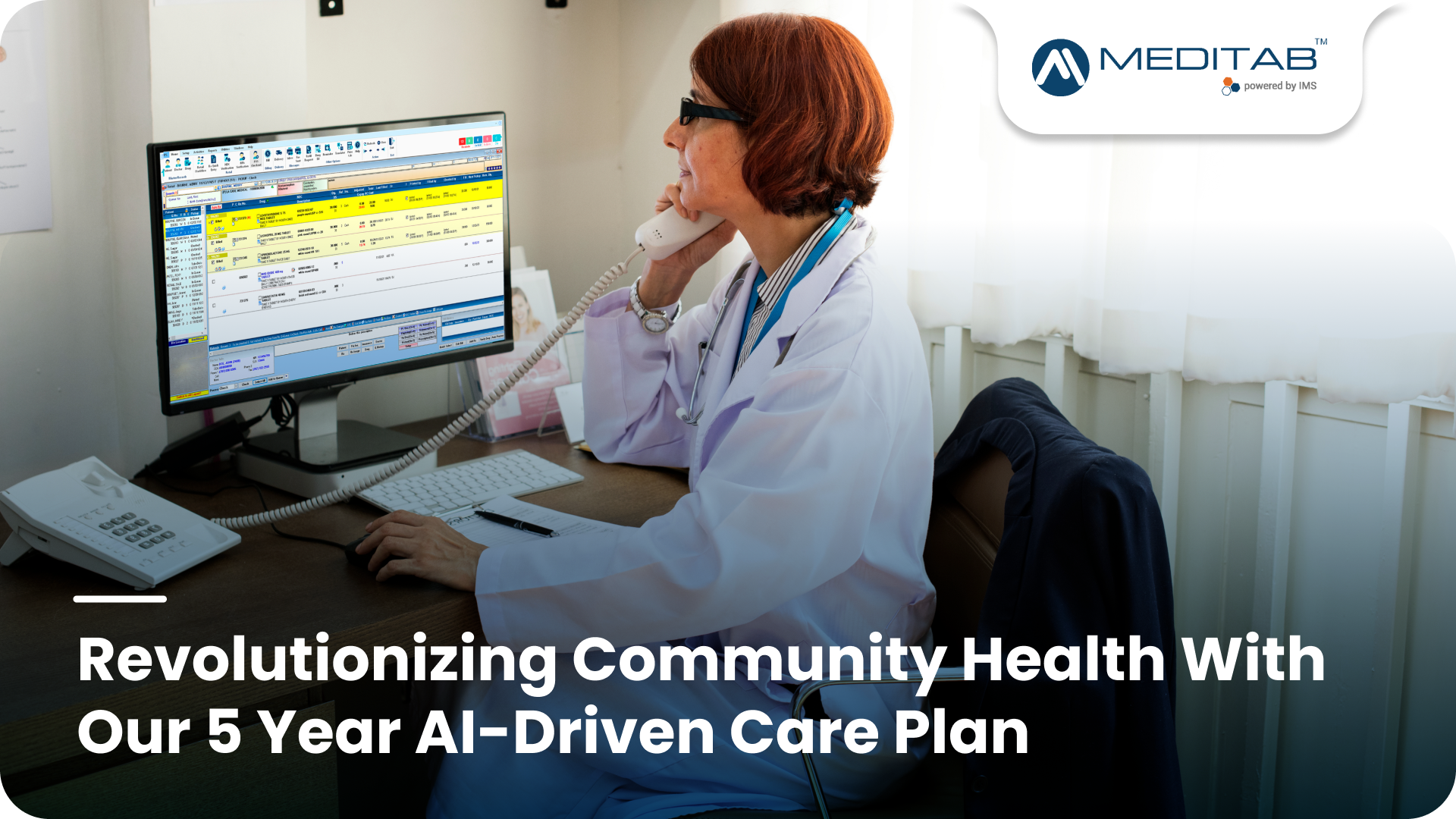5 Strategies to Leverage EHRs for Public Health

Any step to improve public healthcare impacts the well-being of entire communities, especially the disadvantaged segments of the population. Using inefficient tools to manage public health is akin to impeding progress. Fortunately, healthcare technology solutions like electronic health record (EHR) systems have come a long way.
Although using EHRs for public health is not new, many health centers don’t know how to optimize their software for public healthcare’s unique needs and demands. Like most technology solutions, EHRs are only as good as the users that operate them. To maximize all EHR benefits, you must understand the inner workings of your practice software.
Here are five strategies to optimize your EHR and utilize it effectively to improve public health.
Leveraging EHRs for Public Health Surveillance

Enhanced by EHRs, public health surveillance is the backbone of your public healthcare improvement efforts. One of the advantages of EHR use in public health is facilitating the systematic collection, analysis, interpretation, and dissemination of health-related data to support evidence-based decision-making and interventions. By monitoring patterns and trends in disease occurrences, risk factors, and health behaviors, EHR-based surveillance empowers authorities to identify health threats, track the impact of interventions, and allocate resources efficiently.
For instance, during disease outbreaks, such as the H1N1 influenza pandemic in 2009, public health EHR surveillance played a crucial role in monitoring the spread of the virus, identifying vulnerable populations, and guiding vaccination campaigns. The data collected through surveillance systems allowed health officials to target high-risk groups, such as pregnant women and healthcare workers, ensuring that they received vaccine supplies.
Supporting Public Health Research

EHRs also play a pivotal role in population health studies. Researchers use EHR data to reveal complex relationships between health conditions. For instance, research linking site-specific cancers to cardiovascular risk uncovered a need for personalized strategies to manage this risk among cancer survivors. The findings highlight the necessity of multidisciplinary collaboration among oncologists, cardiologists, and other healthcare specialists to ensure comprehensive care for cancer survivors now facing a higher cardiovascular risk.
Maintaining Care Coordination and Continuity

How will EHRs impact public health? As a centralized hub for healthcare information, EHRs facilitate effortless access to real-time data by various stakeholders.
Seamless data sharing enhances communication among healthcare providers, public health agencies, and relevant organizations, resulting in a more synchronized and efficient response to public health needs. From tracking disease outbreaks to coordinating vaccination campaigns and sharing critical health alerts, public health EHRs promote a cohesive approach to addressing community challenges.
The cornerstone of a well-coordinated public health system lies in the continuity of care. EHRs enable healthcare providers to access patients' medical histories, medications, and treatment plans quickly.
Ready accessibility ensures consistent care for individuals within a single healthcare facility or during provider transitions. Such continuity is crucial in managing chronic conditions, monitoring immunizations, and promoting preventive health measures. By leveraging the advantages of EHRs, you can enhance overall care quality and ensure better health outcomes for all.
Utilizing the EHR Benefit of Patient Engagement

Providers continuously ponder how to improve public health. Getting patients more involved in healthcare decision-making is a step in the right direction. Patient portals utilize EHRs platforms and act as a conduit that grants patients direct access to their health information, empowering them to take charge of their care.
Patient portals also allow patients to communicate directly with healthcare providers. Patients can ask questions and receive clarifications on their conditions or treatment plans. The interactive exchange that patient portals facilitate develops a partnership between patients and providers, where shared decision-making becomes a collaborative effort.
Securing Data Privacy with Public Health EHR

Personal health records are sensitive data, and keeping them safe is a significant concern for every provider. Fortunately, EHR systems have robust safeguards and implement a multi-layered approach to maintaining the security and integrity of patient information.
EHR systems bolster security through encryption, rendering data unreadable without decryption keys. Alongside encryption, EHRs have stringent authentication requirements and extensive access control options. Authorized personnel can access specific information based on their roles. Regular security assessments and audits also preemptively uncover vulnerabilities, enhancing protection by addressing potential weaknesses.
Equip Your Practice with the Best EHR For Public Health

When fully harnessed, EHRs possess the limitless potential to drive positive change in public healthcare. It would be a shame not to maximize its full capabilities only because you don't know how to tailor it to public healthcare's unique needs.
That's why Meditab developed a public health-specific, customizable EHR - Intelligent Medical Software (IMS). As a well-rounded EHR, practice management, and medical billing platform, IMS empowers you to expand healthcare access, lower costs, and improve the quality of care while increasing your revenue potential.
Equipped with all the features modern community health centers need, such as sliding fee scale automation, UDS reporting portal, grants tracking, and more, IMS is the public health EHR your practice has been missing.

